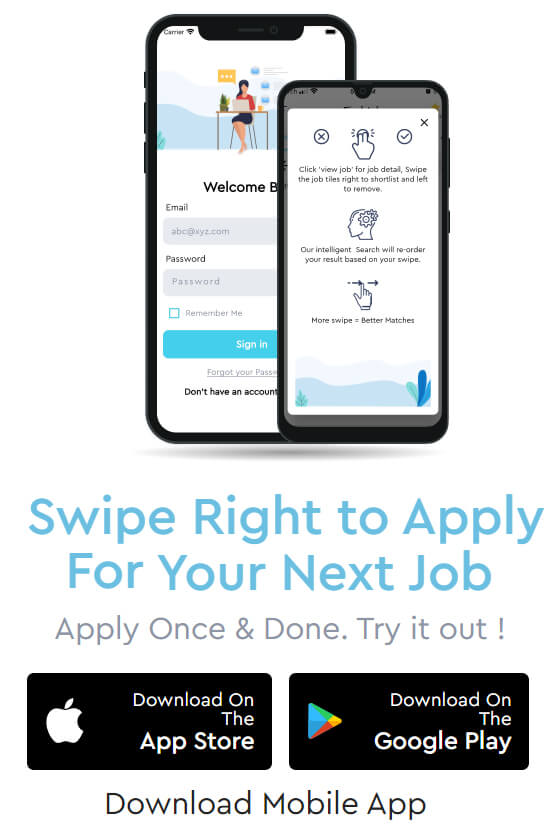Unidata Developer Apply
Job Details:
This individual will follow the Software Development Life Cycle (SDLC) including Business interaction, Requirement Analysis, Software Architecture, Design, Development, Testing and Deployment, and Documentation (CFR 21 Part 11) phases.
Develop key product features and complex software solutions within existing large-scale enterprise applications and new strategic initiatives using preferred languages
Collaborate with cross-functional partners (QA, Business Analyst, Project Managers, etc.) in an Agile/Scrum team environment.
Assist with generating and analyzing business and functional requirements for proposed software solutions.
Participate in architectural and database design discussions as they relate to product direction.
Create design specifications, documentation, and unit testing plans as defined by the Agile development process and any other required process.
Complete development tasks independently as well as under direction from the product architect and development leads.
Maintain and support software solutions post-production. Ability to contact internal clients/users to help troubleshoot production issues.
Develop features completely including the front-end components and the backend systems.
Work closely with other engineers to develop the best technical design and approach for new product development.
Qualifications & Experience
Minimum Requirements (Must to Have)
BS/BA degree in Computer Science/Information Systems or related field, or equivalent combination of education and work experience
Proven experience as a Unidata Developer, demonstrating successful contributions to Unidata-based projects.
5+ years of professional experience in software development or technical engineering capacity.
5+ years of experience with custom application software development using UNIDATA/UNIVERSE/UNIBASIC and Python
Server-side technologies using UNIX to interface with multiple types of client environments, and Web Services (SOAP, REST).
Knowledge of healthcare messaging standards such as HL7.
Effective communication skills, both written and verbal, to collaborate with technical and non-technical stakeholders.
Ability to work collaboratively in an agile development environment.
Exposure to modern software development practices, such as DevOps, CI/CD and GitLab






